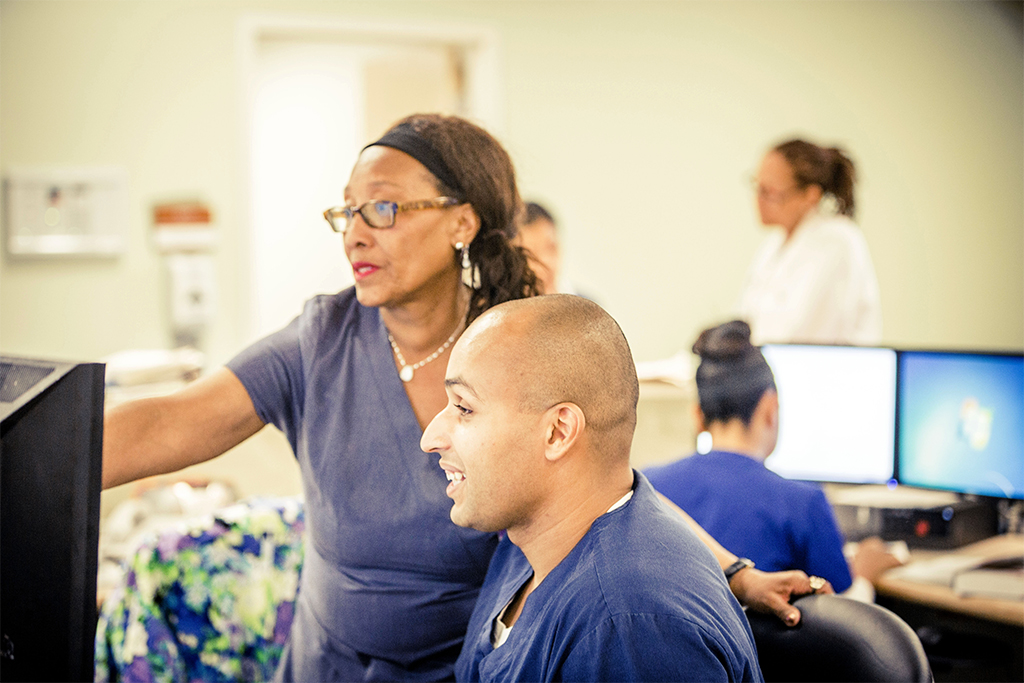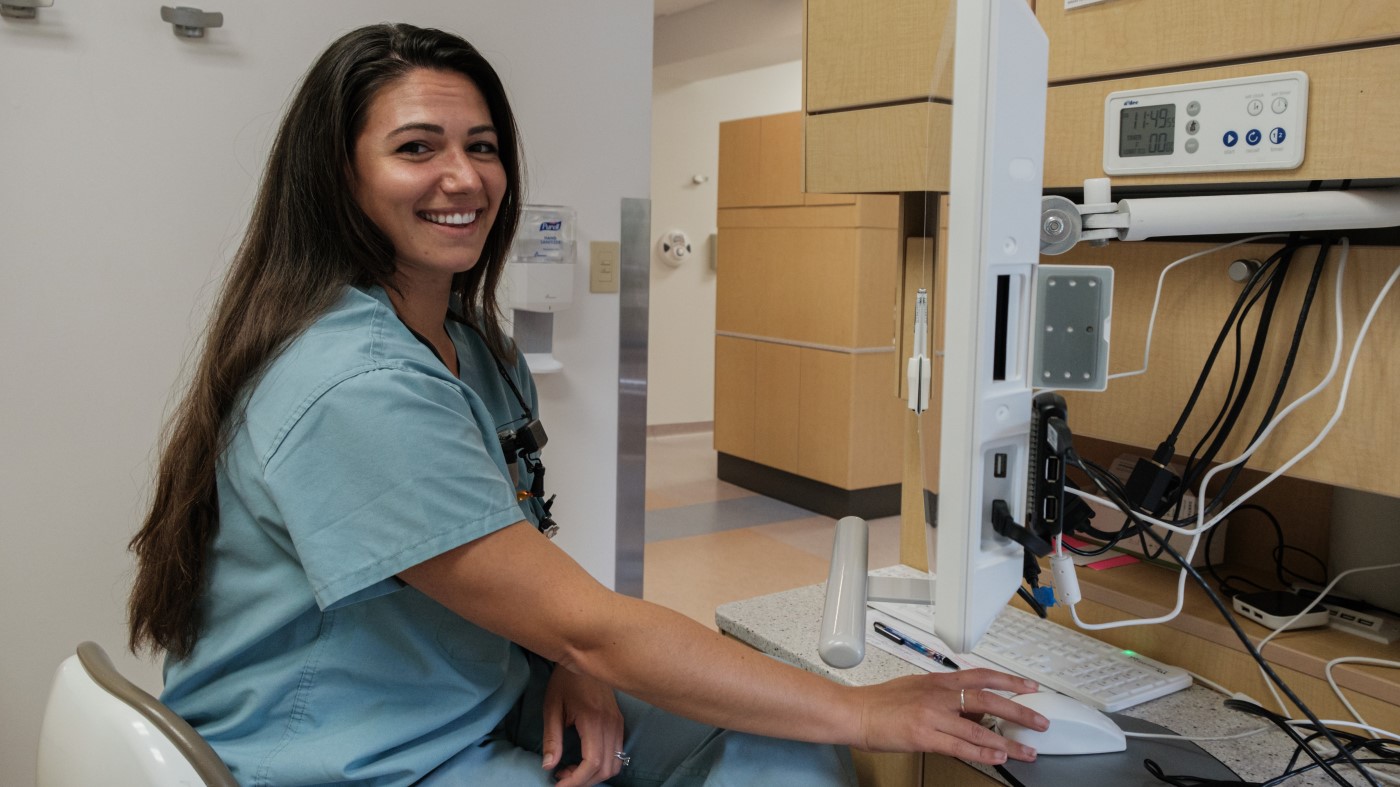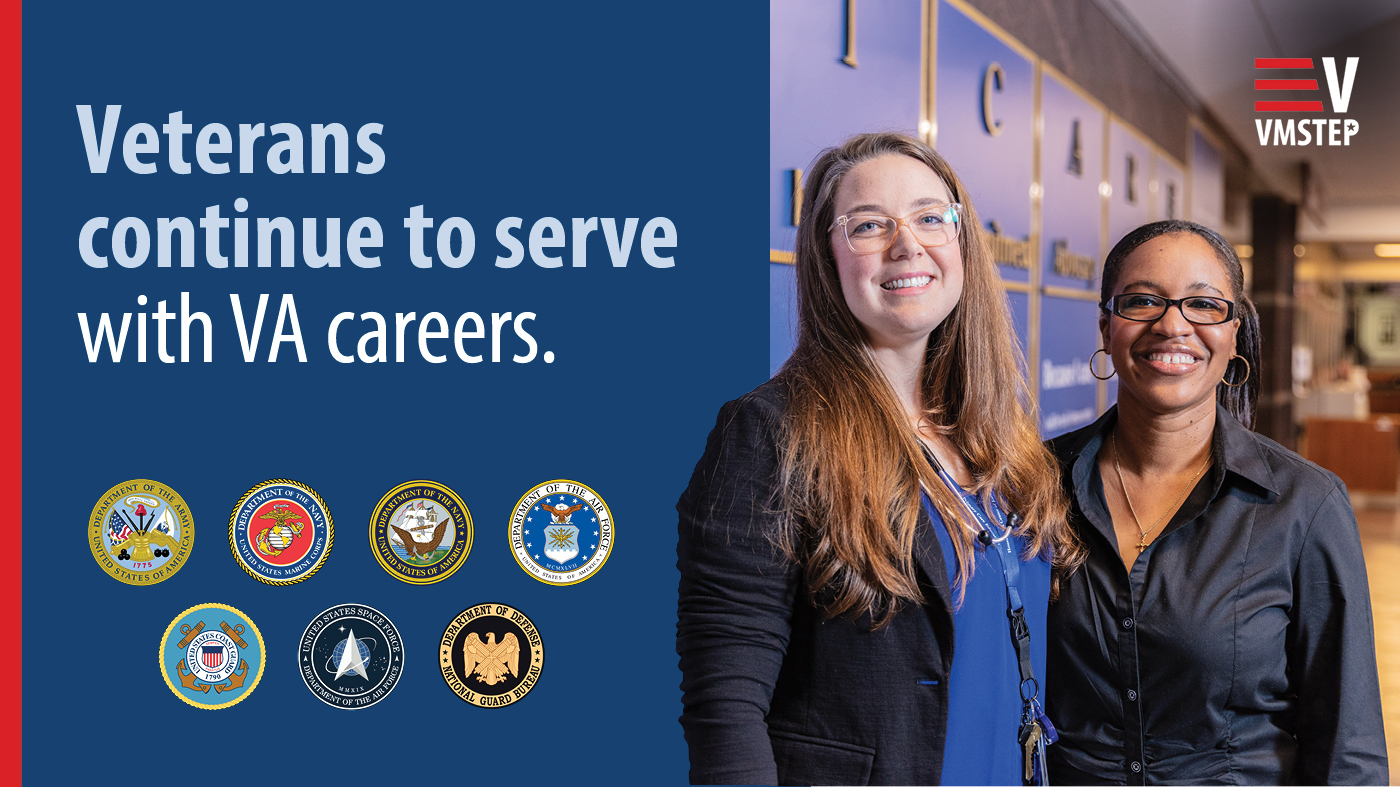Everyone has a network, but are you utilizing yours to actually connect? The health of your network comes down to using tools available to you, consistency, and a little ingenuity. Follow these 7 simple steps and you’ll have a roaring network in no time!
- Start Where You Are
If you’re still in school, join a health care group and start building your network. College campuses often have organizations and alumni events to help students foster their networks before entering the work force. If no resources are available, consider starting a website, group, forum, or club to create contacts for the future job search.
- Get social!
Social networking sites like Facebook, Twitter, and LinkedIn are free and accessible opportunities. Health care professional groups and forums are great ways to learn about industry news and current job openings. On this more informal platform, you can connect with professionals to ask questions and learn from others.
- Join Professional Groups
There are many advantages to joining professional groups. For example, the American Association of Nurse Practitioners (AANP), is a network of 50,000 nurses. Their members get a daily newsletter full of industry news, and have access to over 100 educational courses, educational grants and scholarship opportunities. AANP also hosts the largest conference for nurse practitioners.
- Attend a Conference
Conferences are a great way to meet health care professionals and expand your network. When networking a conference, remember to travel throughout the room to avoid spending all your time with just a few people. Be sure you aren’t dominating every conversation, listen more than you talk. And lastly, dress appropriately. Though scrubs are the uniform on the job, always treat conferences as formal occasions.
- Make a Business Card
Bring a stack of business cards to your next conference or seminar. Even in this digital age, having a simple business card can be one of your best tools for networking. Include your name, contact information, and link to an online resume. A tangible reminder of your meeting can go a long way.
- Stay on Good Terms
The health care industry is smaller than you think. It’s important to leave every job on a good note. Make and retain good relationships with previous employers so when interviewers call for recommendations, they’ll help build your case for the job. Don’t burn any bridges, because you never know who will open the door to your next position.
- Think Outside the Box
There’s no way to know where your next opportunity will arise. Sometimes, those opportunities are outside your current industry. Medical professionals often decide to leave the clinical arena and use their experience to teach, research, or write. Having robust professional contacts can make these transitions seamless.
Networking is important work at every stage of your career. With these tips in mind, you’ll build contacts that’ll open doors in your professional and personal life. To network with VA, visit our calendar or events and find an event near you. You’ll mingle with current VA employees and meet with our recruiters. If you’d like to bring your skills to a rewarding career with the VA, Search career opportunities in your area today.
Topics in this story
More Stories
You had questions, we had answers. Take a look at the information and advice we shared that had the most impact with readers in 2024.
For Veterans, the mission does not end when the uniform comes off. VA careers offer opportunities to serve while building fulfilling civilian careers.
Whether it’s access to the great outdoors or a calmer pace in your everyday life, you can find it in rural VA communities around the country.







Is there Somewhere I could go to get assistance in completing the federal application for a GS or WG position? I live in central Missouri with 80% service connected disabilities.
Barry